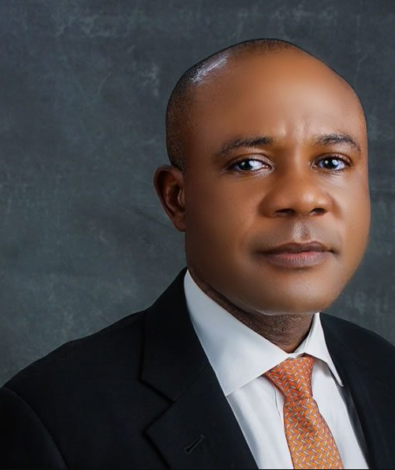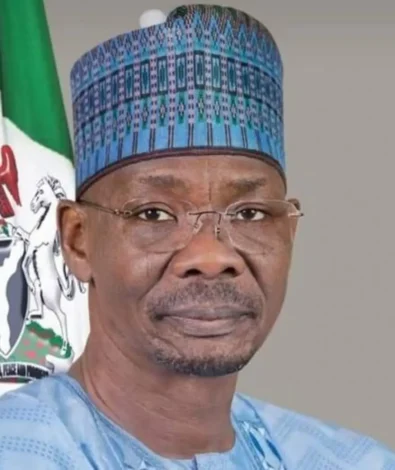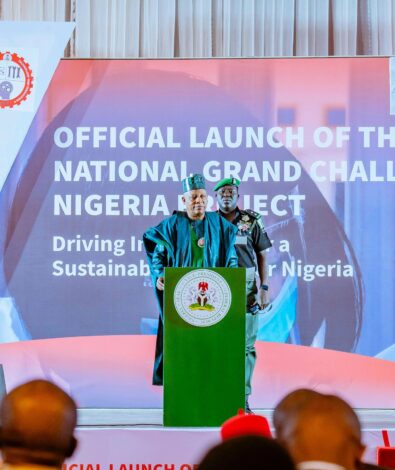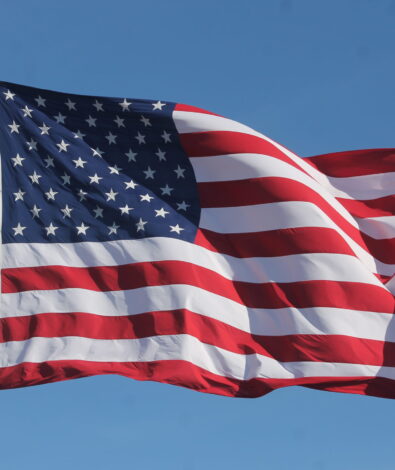WHO partners TikTok to fight social media misinformation on health
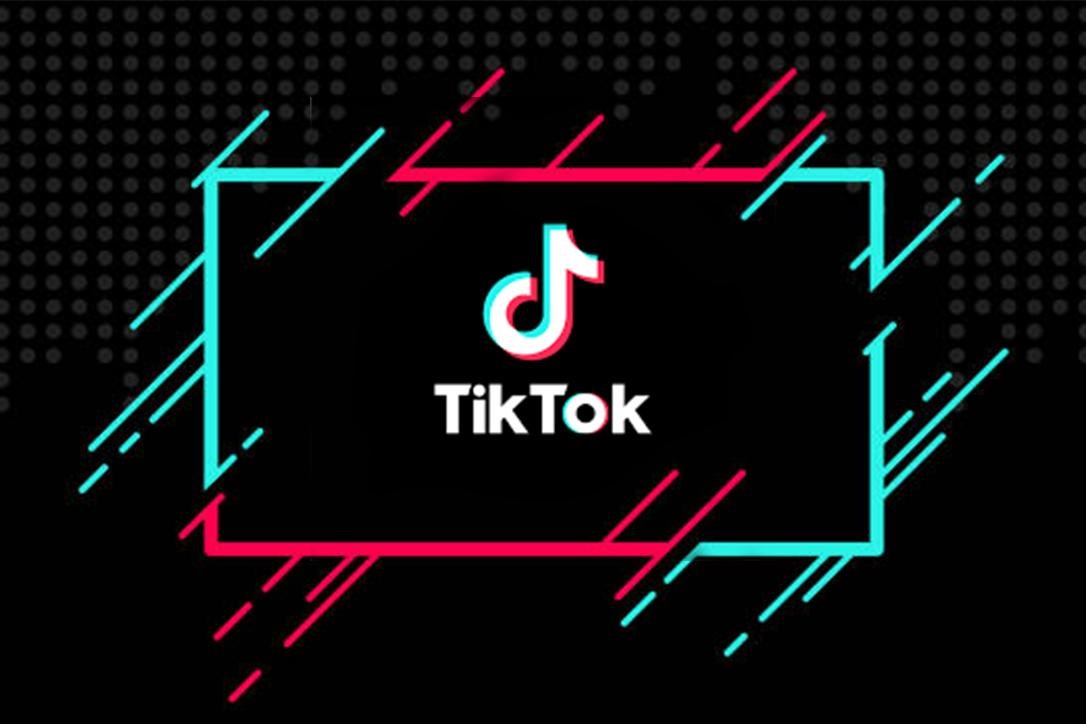
The World Health Organization (WHO) has entered a year-long collaboration with TikTok to promote health literacy, encourage healthy behavior, and combat misinformation to users.
TikTok is one of the most popular social media platforms, particularly among younger generations.
This demographic is especially important, as studies show that one in four young adults actively seek news and information on social media, making platforms like TikTok a key source of influence on health-related decisions.
WHO recognizes that social media influences people’s health decisions, especially among younger generations. Unfortunately, misinformation is common on these platforms. WHO’s collaboration with TikTok aims to promote evidence-based content to counteract this growing issue.
What they said
WHO Chief Scientist, Dr. Jeremy Farrar, described the partnership as a pivotal step towards social responsibility on platforms like TikTok. “This collaboration can prove to be an inflection point in how platforms can be more socially responsible,”
“By working with TikTok, we are helping people access credible information and engage in scientific discourse that collectively helps shape a healthier future for all.” he said
Valiant Richey, TikTok’s Global Head of Trust and Safety Outreach, reiterated the platform’s commitment to promoting mental health and well-being. “We are delighted to collaborate with WHO’s Fides network of health influencers, bringing engaging and authoritative mental well-being content to our community,” he said.
In this new collaboration, TikTok will work with WHO’s Fides network, a group of health content creators launched in 2020, to increase the reach of reliable health information.
Support for creators’ health content
TikTok plans to extend support to influencers through its creator training programs, helping them translate scientific information into relatable, engaging videos. This initiative will focus on promoting content that tackles major health topics, with a particular focus on mental well-being.
Dr. Alain Labrique, WHO’s Director of Digital Health and Innovation, emphasized how influencers can bridge the gap between science and everyday life. “Creators who understand their audience’s needs have a unique opportunity to bridge the gap between science and everyday life. This is where WHO can step in to support influencers in delivering evidence-based information, ensuring that health conversations on platforms like TikTok are both impactful and informed,” he said.
What you should know
Health misinformation distorts perceptions and leads to harmful consequences, from rejecting vaccines to ignoring crucial health guidelines. It spreads rapidly through social media, often preying on fear and uncertainty, eroding trust in healthcare systems. Vulnerable populations are particularly at risk, as misinformation deepens health inequalities and worsens outcomes
In contrast, access to accurate health information empowers people to make informed decisions that protect their well-being, such as getting vaccinated or seeking timely mental health support. Trustworthy sources promote healthier behaviors and ultimately save lives, helping individuals better navigate their health choices.
